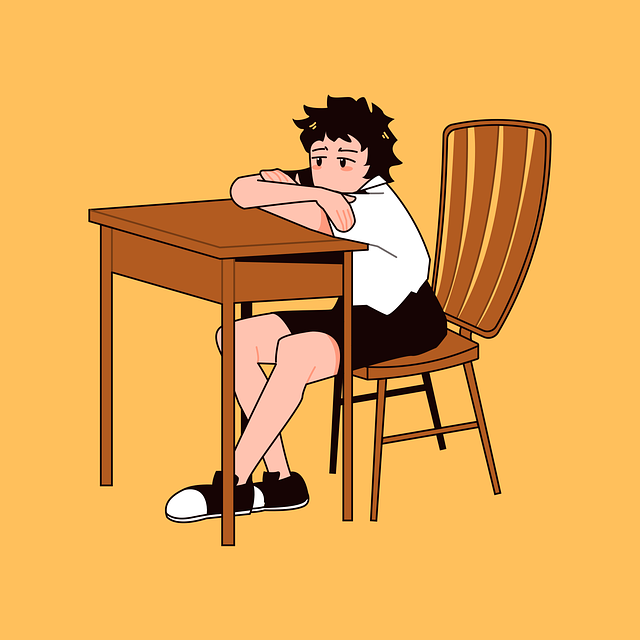Student rental agreements require careful reading to protect rights and avoid unforeseen fees. Key clauses include rent amount, payment schedules, security deposits, and stay duration. Understanding maintenance responsibilities, damage coverage, subletting rules, and termination procedures enhances the overall housing experience. Deposit and security provisions safeguard both landlords and tenants while termination/renewal conditions empower students to make informed decisions.
As a student, navigating your first apartment or off-campus housing can seem daunting. Understanding your lease is crucial for a smooth living experience. This guide breaks down essential clauses found in student rental agreements, empowering you with knowledge. From grasping basic terms and recognizing your rights to managing deposits and knowing termination rules, these insights ensure you’re prepared. By the end, you’ll be equipped to make informed decisions, ensuring a safe and comfortable living environment.
- Understanding Basic Lease Terms
- Tenants' Rights and Responsibilities
- Deposit and Security Clauses Explained
- Termination and Renewal Provisions
Understanding Basic Lease Terms

Student rental agreements, like any lease, come with a range of terms and conditions that can seem daunting at first. Understanding basic lease clauses is crucial for students to protect their rights and ensure they know what to expect from their rental experience. Common terms include rent amount, payment due dates, security deposits, and the length of stay, all of which are essential components in any student rental agreement.
Knowing these fundamental aspects helps students negotiate better deals, avoid unexpected fees, and understand their obligations as tenants. It’s important to read through the entire agreement, paying close attention to details related to maintenance responsibilities, damage coverage, subletting rules, and termination policies. This proactive approach empowers students to make informed decisions when selecting a place to live during their academic journey.
Tenants' Rights and Responsibilities

Student renters, while enjoying the freedom of their own space, also come with unique rights and responsibilities as outlined in student rental agreements. Understanding these clauses is crucial for a positive living experience. Tenants have the right to safe and habitable conditions, privacy, and certain levels of autonomy in managing their living environment. This includes expectations around maintenance, repairs, and communication with landlords regarding any issues or concerns.
Responsibilities include adhering to lease terms, paying rent on time, maintaining the property, and respecting noise levels and shared space rules. Knowing one’s rights and fulfilling obligations are key aspects of navigating student rental agreements successfully.
Deposit and Security Clauses Explained

When entering a student rental agreement, understanding deposit and security clauses is crucial. These clauses protect both the landlord and the tenant, ensuring financial accountability. A deposit, often referred to as a security deposit or bond, is a sum of money held by the landlord to cover any potential damage to the property beyond normal wear and tear. It acts as a form of insurance for the landlord, safeguarding against costly repairs or clean-up.
In student rental agreements, these clauses can vary. Some contracts may stipulate a deposit equal to one or two months’ rent, while others might require a smaller amount. The security deposit is usually returned to the tenant at the end of the lease term, provided there are no outstanding damages or unpaid rent. It’s essential for students to familiarize themselves with these conditions, ensuring they understand their financial obligations and what is expected of them in terms of property care.
Termination and Renewal Provisions

When entering into a student rental agreement, understanding the termination and renewal provisions is paramount. These clauses outline the conditions under which either the student or landlord can end the lease early. Knowing when and how to terminate the agreement gives students control over their living situation, especially if they need to return home or switch universities mid-year.
Renewal options should also be clearly stated. Some agreements allow for automatic renewals, while others require a written notice period. Students should be aware of these deadlines to avoid unexpected rent increases or the loss of preferred housing. Knowing their rights and obligations regarding termination and renewal empowers students to make informed decisions about their student rental agreements.
